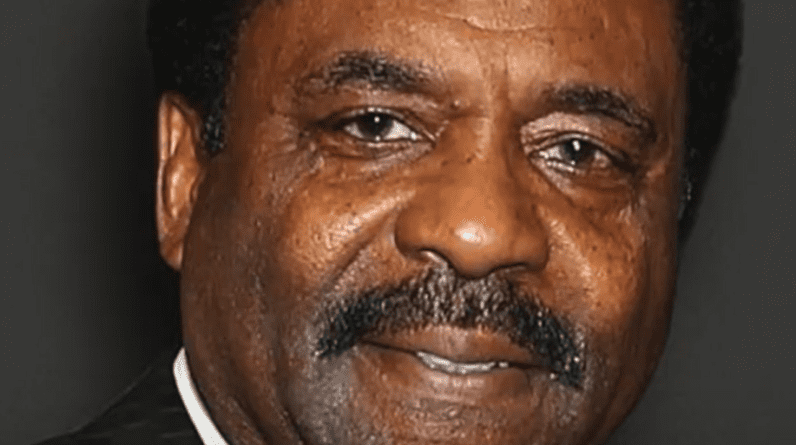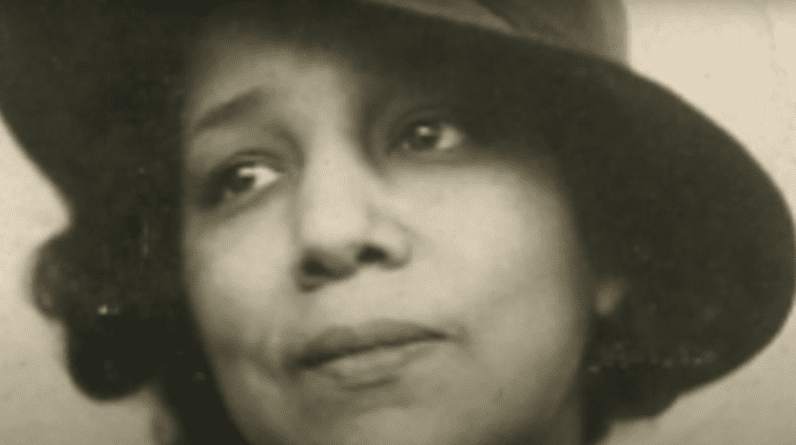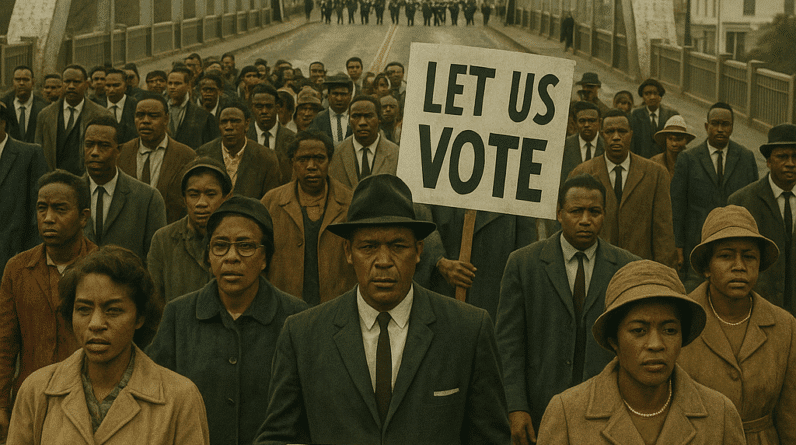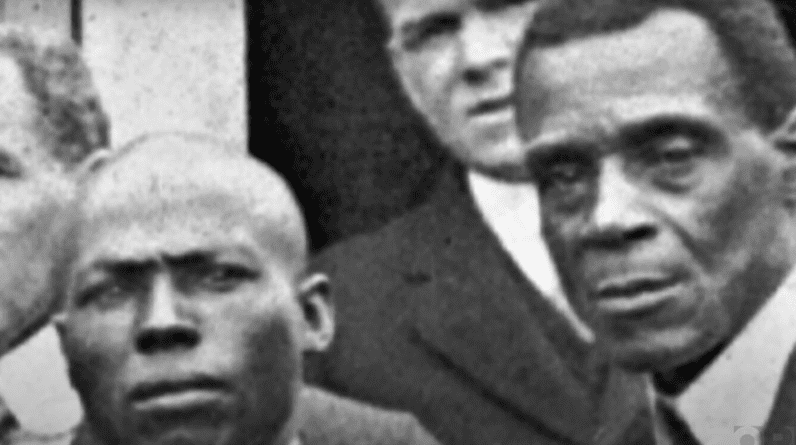
African American People – Celebrating Diversity and Resilience
African American People. Exploring the Profound History and Cultural Impact of African American People
African American people have played a vital role in shaping the social, cultural, and political fabric of the United States and beyond. Their history reflects resilience, innovation, and an enduring commitment to justice and equality. From their African roots to their modern-day contributions, African American people have created a legacy that continues to inspire and transform societies globally.
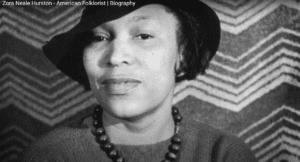
The Historical Journey of African American People
The story of African American people begins with the transatlantic slave trade, a dark period in history that forcibly transported millions from Africa to the Americas. These enslaved individuals brought rich cultural traditions and an unyielding determination to endure. Despite the oppressive conditions of slavery, African American people laid the groundwork for much of the labor, infrastructure, and agricultural advancements in the United States.
From Slavery to Freedom
The abolition of slavery following the Civil War in 1865 was a pivotal moment for African American people, but true freedom was far from realized. During Reconstruction, strides were made in politics and education, with trailblazers like Frederick Douglass and Hiram Revels breaking barriers. However, progress was met with systemic pushback, as Jim Crow laws enforced segregation and disenfranchised African American people for decades.
The Civil Rights Movement of the 1950s and 1960s brought transformative change. African American people organized to challenge systemic racism, with leaders like Martin Luther King Jr., Malcolm X, and organizations like the Southern Christian Leadership Conference (SCLC) leading the fight for justice. The movement’s triumphs, including the Civil Rights Act and Voting Rights Act, reshaped the nation’s commitment to equality.

Contributions of African American People to Global Culture
African American people have profoundly influenced global culture, excelling in music, literature, art, and science.
Music: The global music scene owes much to African American innovation. Genres like jazz, blues, gospel, and hip-hop were pioneered by African American people. Figures like Duke Ellington, Billie Holiday, and Kendrick Lamar not only redefined music but used it as a platform for social change.
Literature and Thought: Authors such as Langston Hughes, Toni Morrison, and James Baldwin have illuminated complex themes of race, identity, and justice, inspiring audiences worldwide.
Art and Film: Visionaries like Jacob Lawrence and Kara Walker have brought African American experiences to life through visual art, while filmmakers like Ava DuVernay and Jordan Peele challenge narratives and redefine Hollywood storytelling.
Sports and Beyond: From Jackie Robinson breaking baseball’s color barrier to Serena Williams redefining women’s tennis, African American people have excelled across the sports world, becoming icons of excellence and perseverance.
Challenges Faced by African American People
Despite their extraordinary contributions, African American people continue to face systemic challenges:
Economic Inequality: Wage disparities, limited generational wealth, and discriminatory practices like redlining have created barriers for African American people seeking economic equity.
Health Disparities: Higher rates of chronic illnesses such as hypertension and diabetes persist, often linked to inequities in healthcare access and systemic neglect.
Educational Barriers: Many African American students face underfunded schools and limited access to higher education, perpetuating cycles of inequality.
Criminal Justice Disparities: African American people are disproportionately impacted by systemic biases in arrests, sentencing, and incarceration, highlighting a need for comprehensive reform.
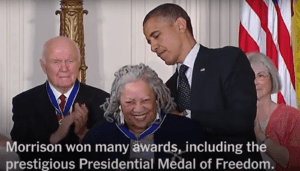
Achievements and Advocacy by African American People
Even in the face of adversity, African American people continue to excel across various fields:
Politics: Leaders such as Barack Obama, the first African American president, and Kamala Harris, the first Black vice president, exemplify groundbreaking achievements in government.
Business: Entrepreneurs like Oprah Winfrey and Tyler Perry have built influential businesses while uplifting African American communities.
Cultural Renaissance: Contemporary artists, musicians, and writers build on the rich heritage of African American people, ensuring their voices remain central to global discourse.
Supporting and Celebrating African American People
To foster understanding and equality, supporting African American people and celebrating their culture is essential:
Engage with History: Learn about the history of African American people through books, museums, and educational programs.
Support Black-Owned Businesses: Contribute to economic equity by patronizing Black-owned enterprises.
Advocate for Justice: Join initiatives addressing racial inequality, healthcare reform, and educational equity.
Celebrate African American Holidays: Participate in observances like Juneteenth and Black History Month to honor their achievements.
Amplify Voices: Follow and support African American creators, activists, and organizations working toward empowerment and social change.
The Importance of African American People’s Contributions
Understanding and valuing the history and culture of African American people is key to building an equitable and inclusive society. Their legacy is one of courage, creativity, and the relentless pursuit of justice. From historic pioneers to contemporary innovators, African American people continue to lead, inspire, and drive progress in every field. By acknowledging their struggles and celebrating their triumphs, we can contribute to a world that uplifts every voice and values diversity.
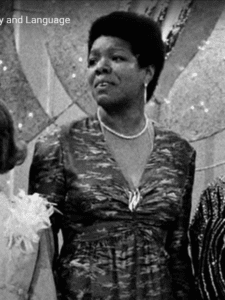
FAQs About African American People
- Who are African American people?
African American people are individuals in the United States whose ancestry traces back to Africa. They have a rich history, shaped by resilience and significant contributions to society. - What is the origin of African American people?
African American people primarily descend from enslaved Africans who were forcibly brought to the Americas during the transatlantic slave trade. - What role did African American people play in U.S. history?
African American people have played a pivotal role in shaping U.S. history, from building infrastructure during slavery to leading social justice movements like the Civil Rights Movement. - What are the major contributions of African American people to culture?
They have influenced music (jazz, blues, hip-hop), literature, art, film, and sports, leaving a lasting global impact. - Who are some famous African American historical figures?
Prominent figures include Martin Luther King Jr., Harriet Tubman, Malcolm X, Rosa Parks, and Frederick Douglass. - What are the key achievements of African American people in politics?
Landmark achievements include Barack Obama becoming the first African American president and Kamala Harris serving as the first Black vice president. - How have African American people impacted music?
African American people have created foundational music genres such as jazz, blues, gospel, and hip-hop, influencing artists worldwide. - What is Juneteenth, and why is it significant?
Juneteenth celebrates the emancipation of enslaved African American people in the U.S., marking the end of slavery in 1865. - What are the ongoing challenges for African American communities?
Economic disparities, health inequities, educational barriers, and systemic racism remain significant challenges. - What is the significance of Black History Month?
Black History Month honors the achievements, history, and culture of African American people every February in the U.S. - What are some key African American literature works?
Classic works include Beloved by Toni Morrison, The Souls of Black Folk by W.E.B. Du Bois, and I Know Why the Caged Bird Sings by Maya Angelou. - How can I support African American communities?
Support can include shopping at Black-owned businesses, advocating for racial equity, and educating yourself on African American history and culture. - What is the significance of the Civil Rights Movement?
It was a pivotal movement in the 1950s-60s where African American people fought for equal rights, leading to transformative legislation like the Civil Rights Act. - How have African American athletes shaped sports?
Trailblazers like Jackie Robinson, Serena Williams, and LeBron James have redefined sports and served as advocates for social justice. - What are some notable African American museums to visit?
The National Museum of African American History and Culture in Washington, D.C., and the Legacy Museum in Alabama are prominent sites to explore.


